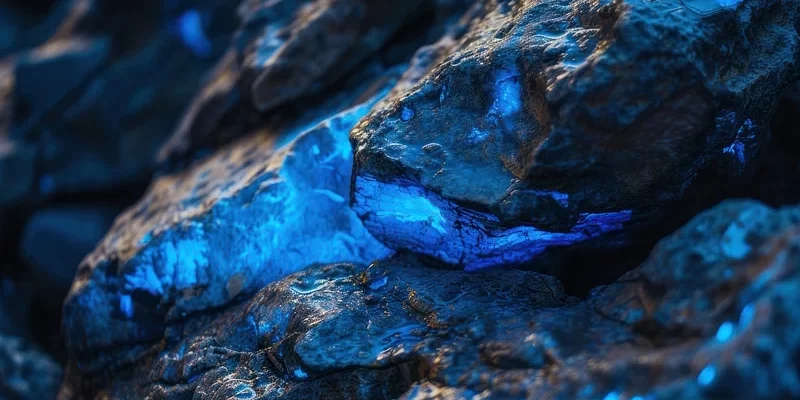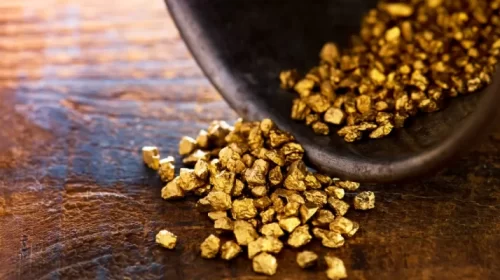DRC Considers Mineral Management for Energy Transition and 2050 Emergence
From December 3 to 5, 2024, the government of the Democratic Republic of Congo (DRC), mining companies, and civil society convened in Kinshasa to discuss strategic actions for the country’s emergence by 2050, focusing on its critical minerals essential to the global energy transition.
These include copper, cobalt, lithium, iron, nickel, manganese, germanium, tantalum, tungsten, tin, rare earths, phosphates, and geothermal deposits.
The Ministry of Mines and the Resource Matters organization organized this forum to gather input from diverse stakeholders, contributing to the Congolese government’s development of a strategic plan for managing minerals crucial for the energy transition by 2050.
During his address, the Minister of Rural Development, Muhindo Nzangi, outlined mechanisms for transforming small-scale mining to foster local community development. He emphasized the need for sound governance to ensure the sector’s long-term success.
The Secretary General of Mines, Ramazani Lutuba, presented the government’s priorities and challenges related to the energy transition. He underscored the importance of involving all stakeholders in achieving the country’s goals.
Klara H., the political counselor at the Swedish embassy in the DRC, called for collective commitment from various ministries and collaboration between government and civil society to meet the DRC’s energy transition objectives.
Resource Matters Country Director, Jimmy Munguriek, highlighted key objectives for the national strategy on mineral governance in the energy transition.
These include identifying priority minerals, improving geological knowledge, developing energy infrastructure, limiting corruption risks, and activating fiscal and budgetary measures to ensure mining benefits contribute to the country’s sustainable development.
The government has already implemented several measures to capture greater benefits from its mineral resources, particularly in the artisanal sector.
Notable actions include a decree regulating the sector, the establishment of the Authority for the Regulation and Control of Strategic Mineral Substances (ARECOMS), and the creation of the General Cobalt Company (EGC) for marketing artisanal mining products.
Additionally, to boost local processing of minerals for lithium-ion batteries, the authorities established the African Center of Excellence for Research and Innovation on Batteries and the Congolese Battery Council.
However, the existing regulatory and institutional framework remains fragmented, risking duplication of efforts. A key issue raised during the AMI 2024 (Alternative Mining Indaba) in Kolwezi was the absence of a clear, unified strategy for mineral management in the context of the global energy transition.
Countries such as Chile, Canada, Australia, Indonesia, and Ghana have adopted comprehensive strategies to define and manage their mineral resources for the future. The DRC could benefit from a similar, cohesive strategy focused on managing minerals in the era of global energy transition.
Such a strategy would enable the DRC to efficiently manage its resources, attract responsible investments, promote local transformation, develop necessary infrastructure, and manage environmental and social impacts effectively.
91 total views , 1 views today





